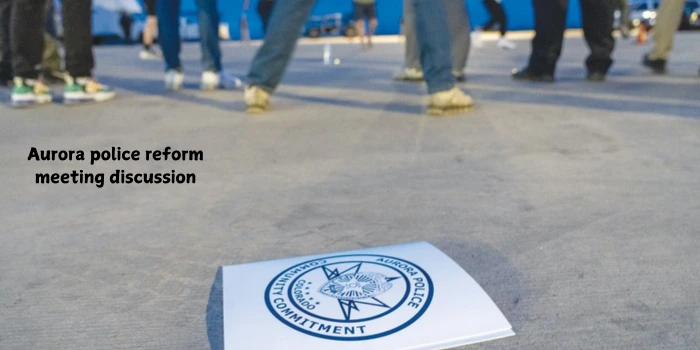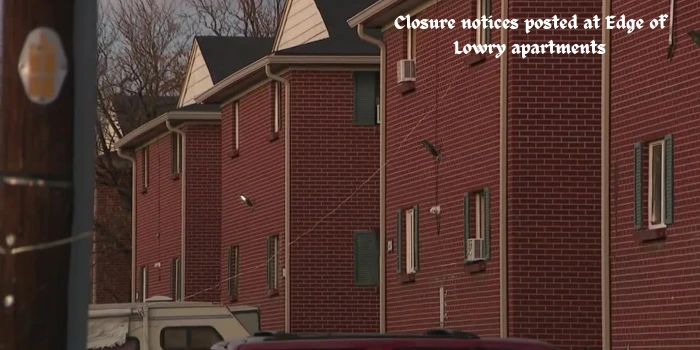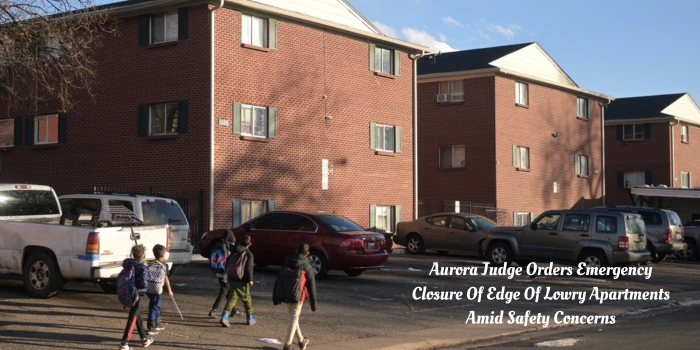AURORA, Colorado— The Community Advisory Council (CAC) is having a hard time figuring out its place within the oversight process after the imposition of state-mandated police reforms on the Aurora Police Department nearly three years ago. CAC was set up as part of the consent decree from 2022, which was imposed due to excessive and racial force biases but is now facing effectiveness and internal as well as external conflict issues.
CAC Internal Conflicts and Their Purpose
The CAC, consisting of 14 people, was meant to give feedback on police reforms and their implementation and provide a channel to the public. Some members of the public have been saying that they have been diminished by the Californian city and the monitor, IntegrAssure.
In August, Gianina Horton publicly resigned, saying that the independent monitor failed to tackle the ongoing racial issues within the department. On the other hand, Pastor Thomas Mayes has said that the CAC is no longer working as an advisory body but is acting as an advocate for the public, which is causing tensions with city officials.
Such, Jeff Schlanger of IntegrAssure, who oversees police reform in Aurora, says CAC is intended to be a link between the community and the city leadership but not a decision body. However, many of the members think this is far from the reality.
Concerns Regarding Privacy as well as Sudden Job Cutoffs
The need to sign a non-disclosure agreement (NDA) had previously raised a lot of concern amongst the CAC members, which has now spiraled even more as there has always been no access to the police records for these CAC members to begin with. This has been critiqued and labeled as poor practice concerning increasing transparency and trust amongst the public.
This situation took an ugly turn in April 2024 when all members of CAC were abruptly fired and replaced which led to speculation that outgoing members were being silenced. Amid this situation, Omar Montgomery, a CAC member who did not reapply, is now pushing for an independent civilian review board free of city control.
Discontent Over Police Chief Selection
The appointment of Police Chief Todd Chamberlain was another thorn for the CAC members. The members of CAC are adamant that the decision was made without any input from the public or the advisory council. Given the department’s history of leadership instability (being the 7th police chief in the past five years), many viewed the manner of hiring as a step back in a promotion of temporary transparency.
Jason Batchelor, the city manager, on the other hand, defended the decision, stating that this specific form of tackling recruitment fever was both a means to an end and a plan with longer-term impacts. It worked for the city but at the expense of the public involvement trust and the reform agenda.
Proficiencies with Bias Training and Reform Ratings
The CAC has once again elaborated on the effectiveness of the anti-bias training within the Aurora Police Department. Some attendees of the most recent training have characterized them as shallow and not relevant to the realities of Aurora’s problems.
Maisha Fields, a former member, condemned the first training program for emphasizing the problems of other cities instead of focusing on Aurora. She further stated that no interactions were dealing with persons with mental health and language issues.
At the same time, some of the members of the CAC have doubted the credibility of the rating of reforms after progress has been made. They have said that this composition depends exclusively on “Harvey Ball” indicators, which are known as circled graphs of compliance, which has called some of them very hard to interpret and even to some extent false. Several people believe that it is giving an exaggerated view of progress.
CAC’s New Appointments Controversies and the Council’s Composition
The recent CAC appointments have created a lot of noise. Some members feel that the new appointees were picked for being sympathetic to police issues instead of being able to provide a broad representation of the community.
Concerns were also raised about possible conflicts of interest with the appointment of CAC member Michael Hancock, who is married to City Council Member Stephanie Hancock.
Also, CASC member Cassandra Webster, who works for the city of Aurora, did not mention this fact in her bio for the CAC.
Regardless of these issues, Schlanger claims that the Council selection process is designed to promote the diversity of the opinions on the Council. Nevertheless, others believe these changes have suppressed open and constructive criticism.
Monitor’s Recent Report and Future Challenges
Despite infighting, the recent Consent Decree Monitor Report, which covers the period between February and August 2024, notes that these efforts have been made by Aurora: training and the implementation of policies. All the same, the report raised two alarming incidents involving the breach of Hispanic residents’ rights to assemble and issues of racial coding in police records filed.
Chamberlain agreed that there is still a lot of work to be done, especially in the bias training and the operational visibility of the police. For this purpose, the department has opened a new public transparency portal and plans to improve the training for officers even more.
A Look to the Future
The question that looms over the CAC and wider police reform measures is whether those measures will be effective. Some former members have been trying to advocate for a completely independent civilian oversight board, while other people wait to see if the reconstructed CAC will be able to restore faith in it.
Police reform has proven especially difficult in Aurora due to simmering community tensions between city officials and independent monitors. Whether the Advisory Council will be capable of affecting change remains to be seen; it will likely be further relegated to the back row.



